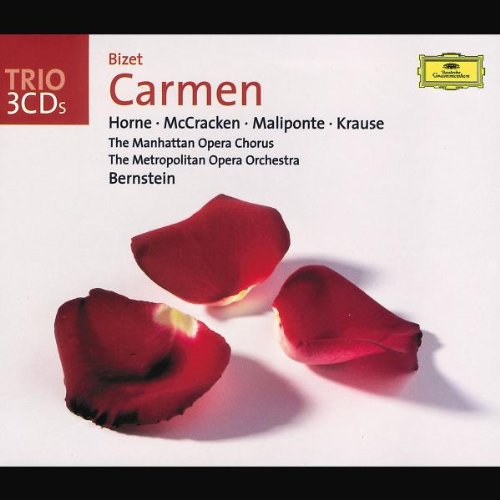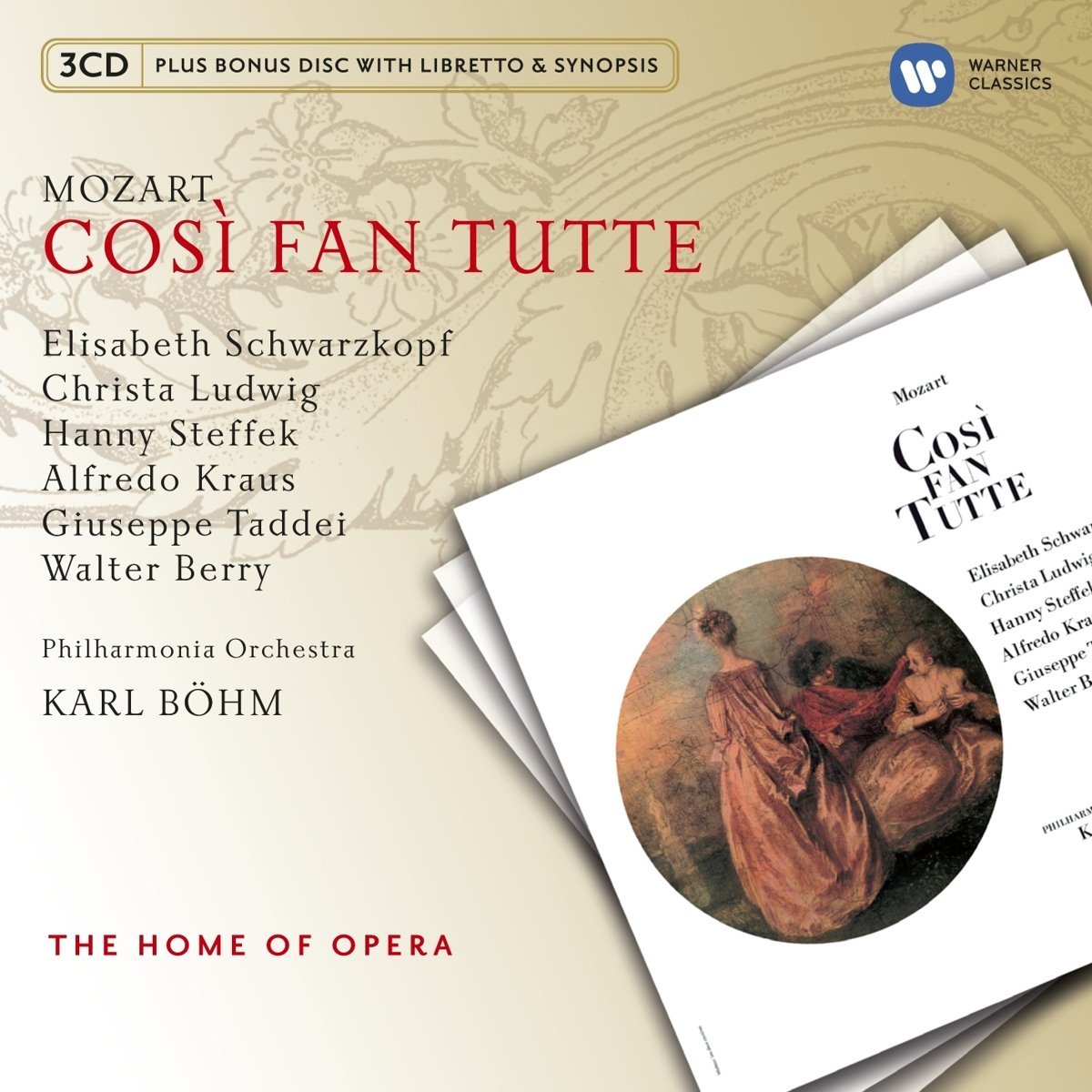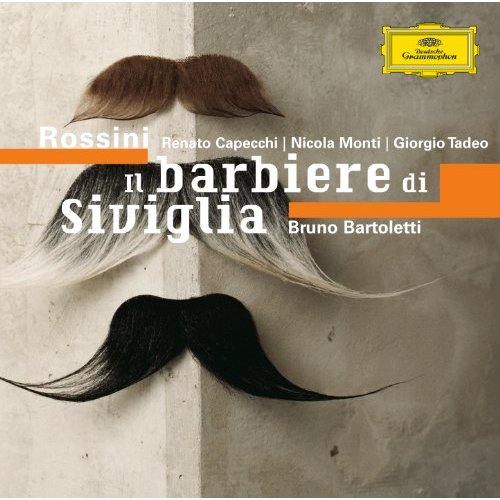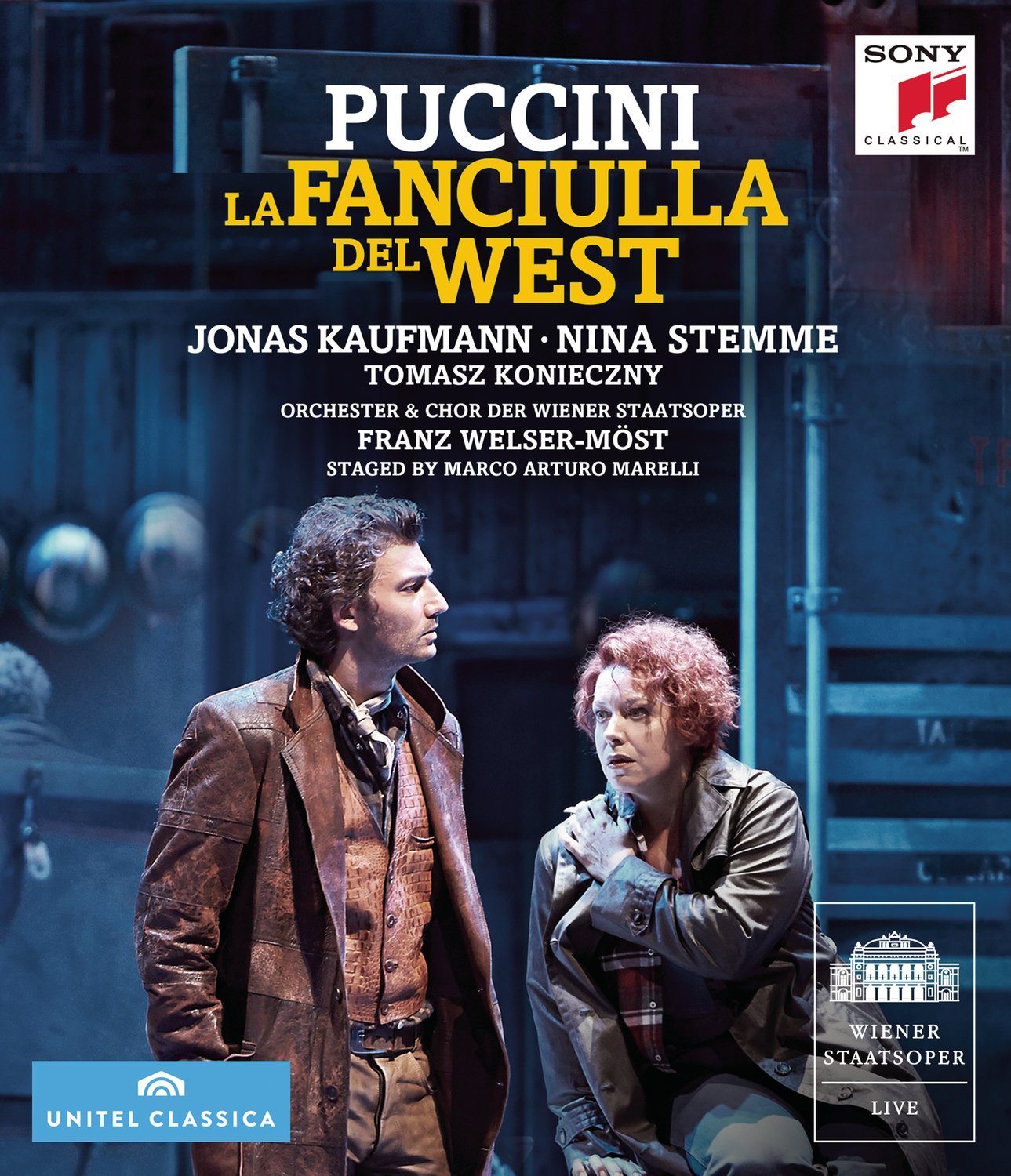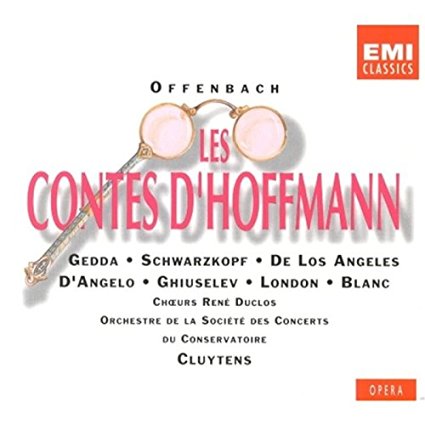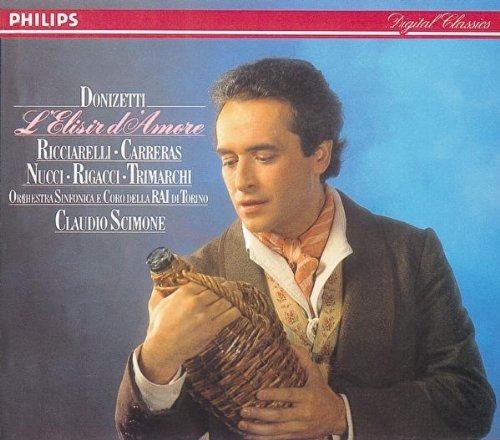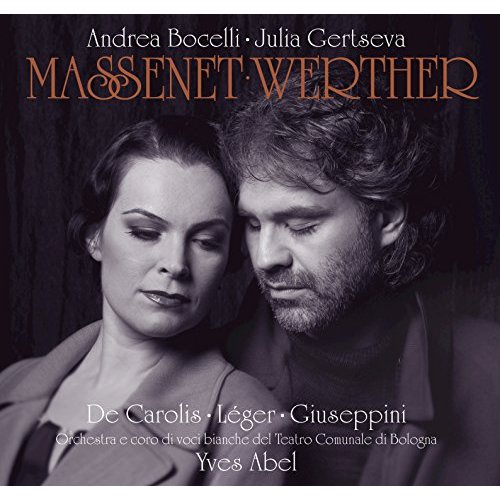Hello, fellow music lover! If you’ve landed here, you must have some degree of interest in the centuries-old art form called opera – a combination of music, theater, and sometimes dance; a visual and auditory treat for the senses with fabulous sets, costumes, acting and singing. In fact, the word “opera” is Latin for “works” (the singular is “opus”), because this art form combines many types of works into one magnificent whole.
Years ago, when people didn’t have television and smart phones or even stereos, live performances were their only chance to hear music, whether that be from the piano in their parlor or a presentation at the local opera house. Today, we can listen to the music from most any opera instantly, either in our living rooms or while on the go. So while opera may not be as popular as it once was, accessibility is certainly not the reason.
So why isn’t opera more popular? I have some theories on this. For one, listening to opera does take some effort. Operas are often in a foreign language, which necessitates reading up on the plot or following along with a libretto (the printed lyrics) if you want to know what’s happening. For me, this wasn’t really a stumbling block. I initially just enjoyed opera arias for the music; it didn’t matter to me what they were singing about. I found that I loved the voices of Luciano Pavarotti and Maria Callas, and I just liked to hear them sing. (Incidentally, there are very good recordings of most popular operas sung in English, thanks to the Peter Moores Foundation, which recorded a series of about fifty operas in English).
Secondly, the style of singing in opera is very different from most other forms of music. This can be both a good thing (beautiful arias) and a challenge (lengthy recitative, which is half talking and half singing and, if you don’t understand the language, quite boring). Opera requires concentration and active listening to fully appreciate, and most operas are rather long (two hours or more). Again, it’s a bit of work, and the elaborate singing of opera is indeed a bit out of style today. There are also many more styles of music now that it has to compete with, and we’ve all become a bit lazy. Who wants to listen to something that requires a bit of effort?
Lastly, I think many people have the impression that opera is stuffy and elitist, something enjoyed mainly by the well-educated and well-off. The education part we’ve already touched on, in terms of foreign language and plot comprehension. But a quick review of Wikipedia will fill you in nicely on the plot of any opera, and what’s more, it’s free. As for opera being for the rich, it is true that live opera performances can be very pricey, and so can recorded opera. But in this age of technology where you can pull up many free operas to watch on YouTube or listen to on Spotify, cost is not a factor, and inexpensive seats ($25) can even be found at the country’s best opera house, the Metropolitan Opera in New York City. While there may be many wealthy people there who are dressed to the nines, there are also many average folks like you and me, and it’s a thrilling experience.
My hope with this site is to introduce you to some beautiful music from various operas, and to help you feel less intimidated by the genre. For that reason, I’ve developed my “starter operas” page first, and will, in time, discuss more challenging works. I must point out that I am far from an expert, as I’ve only been listening seriously for a few years and have no formal training in music. I just know what I like, and seek to share what I’ve learned and experienced. Feel free to ask questions and make comments, and above all, enjoy the music.

Me on a NYC subway after a performance of La Boheme

